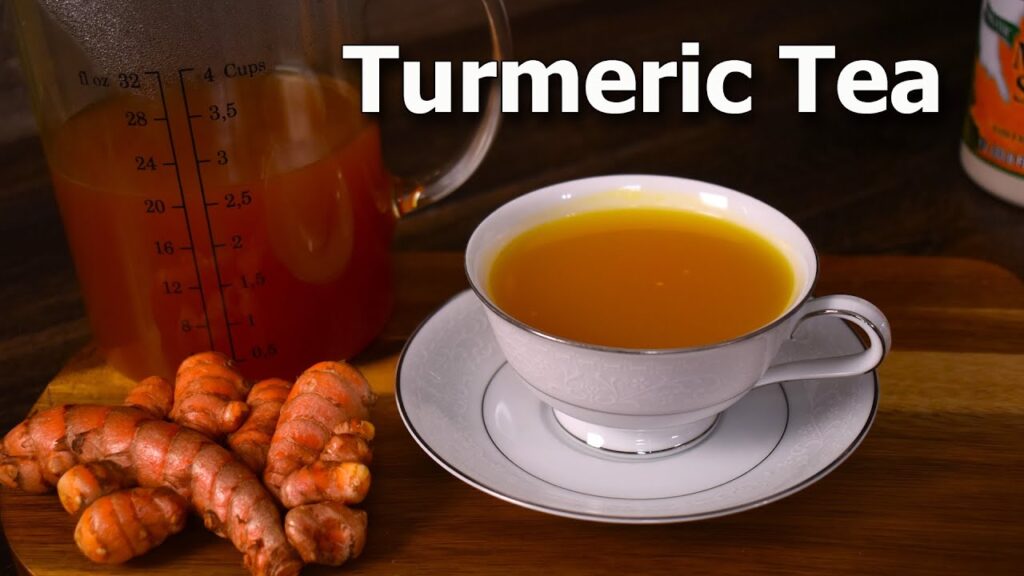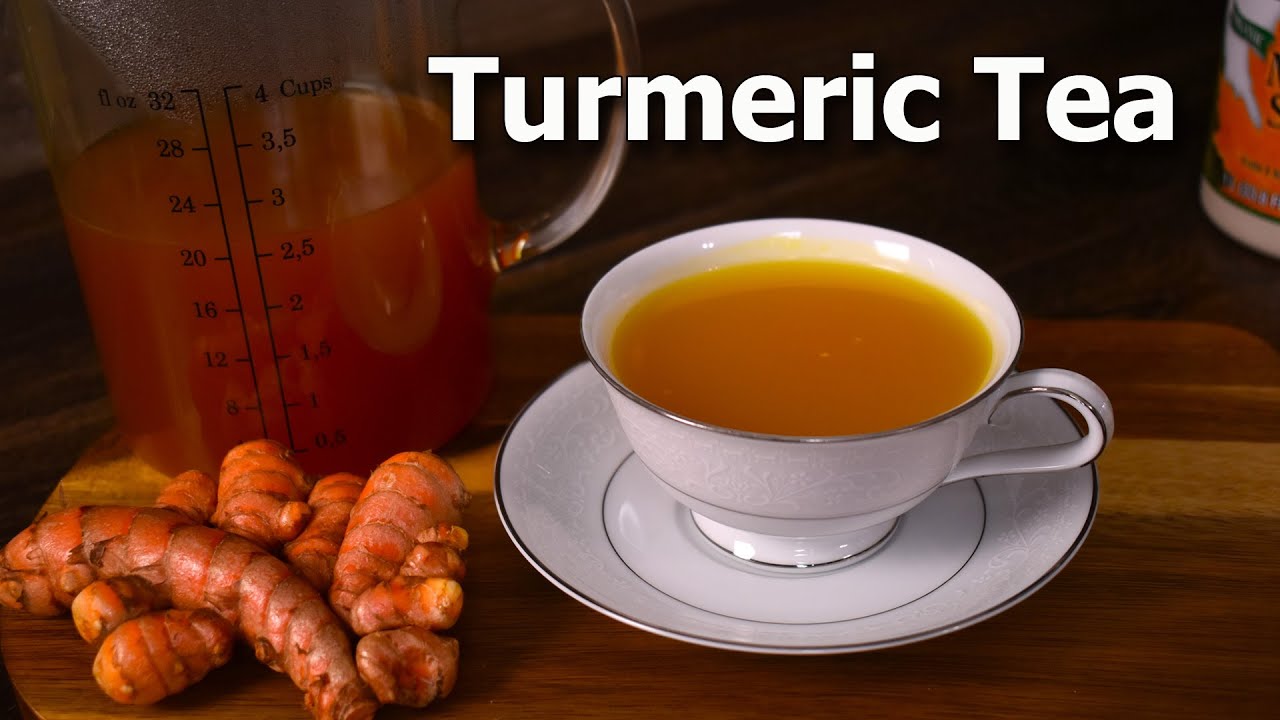
Turmeric and Fat Burning: Exploring the Science Behind the Spice
Turmeric, a vibrant yellow spice commonly used in Indian and Southeast Asian cuisine, has garnered significant attention in recent years for its potential health benefits. Among these, its purported ability to aid in fat burning has sparked considerable interest. This article delves into the science behind the link between turmeric and fat burning, exploring the active compounds, research findings, and practical considerations for incorporating turmeric into a weight management strategy.
What is Turmeric and What Makes it Special?
Turmeric comes from the root of the Curcuma longa plant. Its distinctive color and flavor are largely attributed to curcuminoids, a group of bioactive compounds. The most prominent of these is curcumin, which is responsible for many of turmeric‘s potential health benefits. Curcumin is a potent antioxidant and anti-inflammatory agent, properties that have been linked to a wide range of health improvements.
The Science Linking Turmeric to Fat Burning
The potential of turmeric to assist in fat burning is primarily linked to the effects of curcumin on various biological pathways. While research is ongoing and more human studies are needed, several mechanisms have been proposed:
Reducing Inflammation
Chronic inflammation is often associated with obesity and metabolic disorders. Curcumin’s anti-inflammatory properties may help to reduce inflammation, thereby creating a more favorable environment for fat burning. By targeting inflammatory pathways, curcumin could potentially improve insulin sensitivity and reduce the risk of metabolic syndrome, both of which can hinder weight loss.
Boosting Metabolism
Some studies suggest that curcumin may help to boost metabolism. A faster metabolism means the body burns more calories at rest, which can contribute to weight loss. While the exact mechanisms are still being investigated, it’s believed that curcumin may influence the activity of certain enzymes involved in energy production.
Regulating Blood Sugar Levels
Curcumin may help to regulate blood sugar levels by improving insulin sensitivity and reducing insulin resistance. Stable blood sugar levels are crucial for preventing cravings and overeating, which can contribute to weight gain. By maintaining stable blood sugar, turmeric could indirectly support fat burning efforts.
Promoting Thermogenesis
Thermogenesis is the process by which the body produces heat, often through the burning of calories. Some research indicates that curcumin may promote thermogenesis, leading to increased energy expenditure and potentially contributing to fat burning. This effect is still being studied, but it represents a promising avenue for further investigation.
Inhibiting Angiogenesis in Fat Tissue
Angiogenesis is the formation of new blood vessels. In the context of fat burning, inhibiting angiogenesis in fat tissue could potentially reduce the growth and expansion of adipose tissue. Some studies have suggested that curcumin may have anti-angiogenic properties, which could contribute to weight management.
Research Findings: What the Studies Say
Several studies have explored the effects of turmeric and curcumin on weight management and fat burning. While results vary and more research is needed, some findings are encouraging:
- A meta-analysis of randomized controlled trials published in the Journal of the American College of Nutrition found that curcumin supplementation was associated with significant reductions in body weight, body mass index (BMI), and waist circumference.
- Another study published in Phytotherapy Research investigated the effects of curcumin on metabolic syndrome. The results showed that curcumin supplementation improved various metabolic markers, including blood sugar levels, cholesterol levels, and inflammatory markers.
- A study in obese mice showed that curcumin supplementation reduced body weight gain and improved insulin sensitivity. While animal studies don’t always translate directly to humans, they provide valuable insights into potential mechanisms of action.
It’s important to note that many of these studies used concentrated curcumin extracts rather than turmeric powder alone. This is because curcumin is not easily absorbed by the body on its own. To enhance absorption, it’s often recommended to consume turmeric with black pepper, which contains piperine, a compound that can significantly increase curcumin absorption.
How to Incorporate Turmeric into Your Diet for Fat Burning
If you’re interested in incorporating turmeric into your diet to potentially support fat burning, here are some practical tips:
Use Turmeric in Cooking
Add turmeric to your favorite dishes, such as curries, soups, stews, and stir-fries. It adds a warm, earthy flavor and a vibrant color. Remember to combine it with black pepper to enhance curcumin absorption.
Make Turmeric Tea
Turmeric tea is a soothing and flavorful beverage that can be enjoyed hot or cold. Simply simmer turmeric powder or grated fresh turmeric root in water for 10-15 minutes. Add black pepper and a source of healthy fat, such as coconut oil or milk, to further enhance curcumin absorption. You can also add lemon, ginger, or honey for flavor.
Consider Turmeric Supplements
If you prefer, you can take turmeric or curcumin supplements. Look for supplements that contain piperine or other absorption enhancers. Be sure to follow the recommended dosage instructions and consult with your healthcare provider before starting any new supplement regimen.
Golden Milk
Golden milk, also known as haldi doodh, is a traditional Indian beverage made with turmeric, milk (dairy or non-dairy), and other spices. It’s a delicious and nutritious way to incorporate turmeric into your diet. There are many variations of the recipe, but common ingredients include ginger, cinnamon, and black pepper.
Potential Side Effects and Precautions
While turmeric is generally considered safe, it’s important to be aware of potential side effects and precautions:
- Digestive Issues: Some people may experience digestive issues, such as nausea, diarrhea, or stomach upset, when taking high doses of turmeric or curcumin.
- Blood Thinning: Curcumin may have blood-thinning effects, so it’s important to use caution if you’re taking blood-thinning medications.
- Pregnancy and Breastfeeding: There is limited research on the safety of turmeric and curcumin during pregnancy and breastfeeding. It’s best to consult with your healthcare provider before using turmeric supplements during these times.
- Interactions with Medications: Curcumin may interact with certain medications, so it’s important to talk to your doctor if you’re taking any prescription drugs.
The Importance of a Holistic Approach to Fat Burning
While turmeric may offer some benefits for fat burning, it’s important to remember that it’s not a magic bullet. Sustainable weight loss and fat burning require a holistic approach that includes a healthy diet, regular exercise, and adequate sleep. Turmeric can be a helpful addition to a comprehensive weight management plan, but it shouldn’t be relied upon as the sole solution.
Focus on consuming a balanced diet rich in whole foods, including fruits, vegetables, lean protein, and whole grains. Limit your intake of processed foods, sugary drinks, and unhealthy fats. Engage in regular physical activity, such as cardio and strength training, to burn calories and build muscle. Aim for at least 150 minutes of moderate-intensity exercise per week. Finally, prioritize sleep and stress management, as both can significantly impact your weight and overall health.
Conclusion: Turmeric as a Potential Aid in Fat Burning
Turmeric, with its active compound curcumin, has shown promise as a potential aid in fat burning. Its anti-inflammatory, metabolism-boosting, and blood sugar-regulating properties may contribute to weight management. However, it’s important to remember that turmeric is not a standalone solution and should be incorporated into a holistic approach that includes a healthy diet, regular exercise, and adequate sleep. Further research is needed to fully understand the effects of turmeric and curcumin on fat burning, but the existing evidence suggests that it may be a valuable addition to a weight management strategy. Always consult with your healthcare provider before making any significant changes to your diet or supplement regimen. [See also: The Benefits of Curcumin Supplements] [See also: Anti-Inflammatory Foods for Weight Loss]

